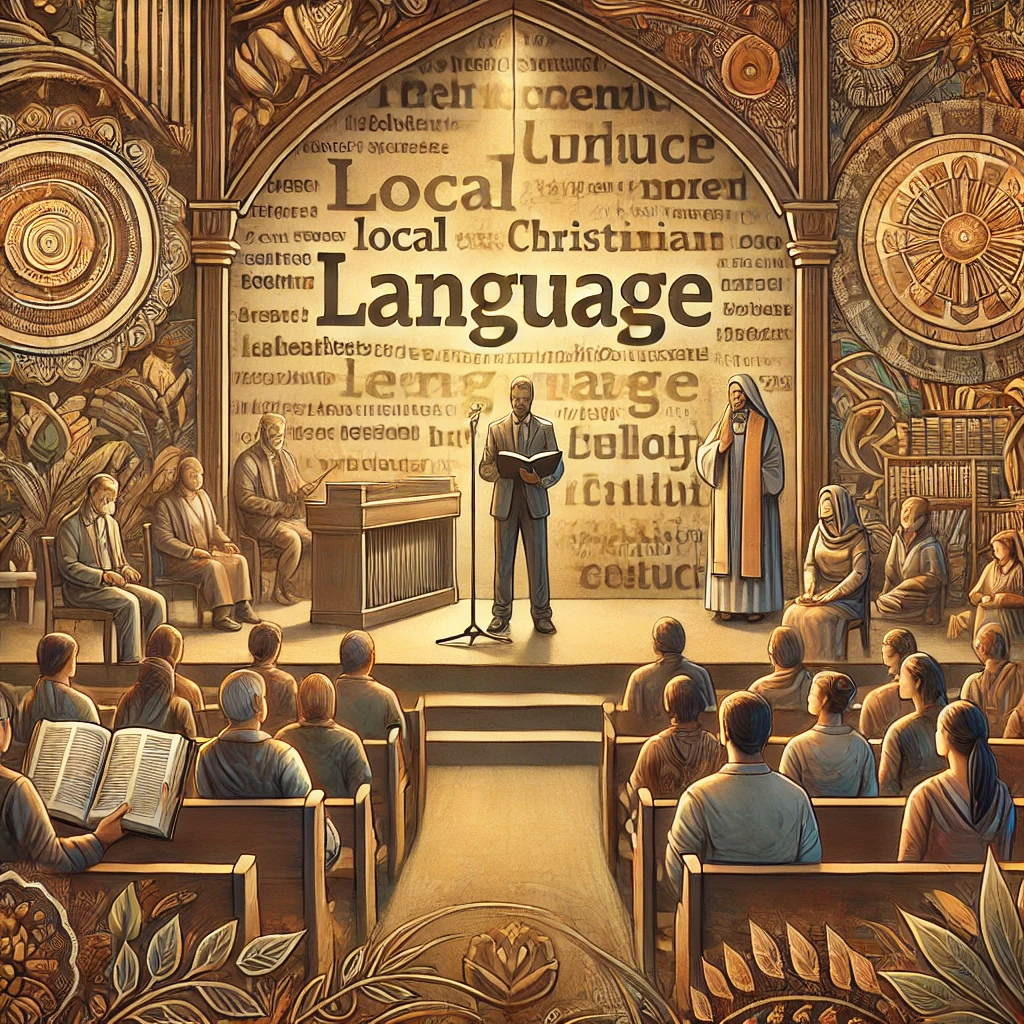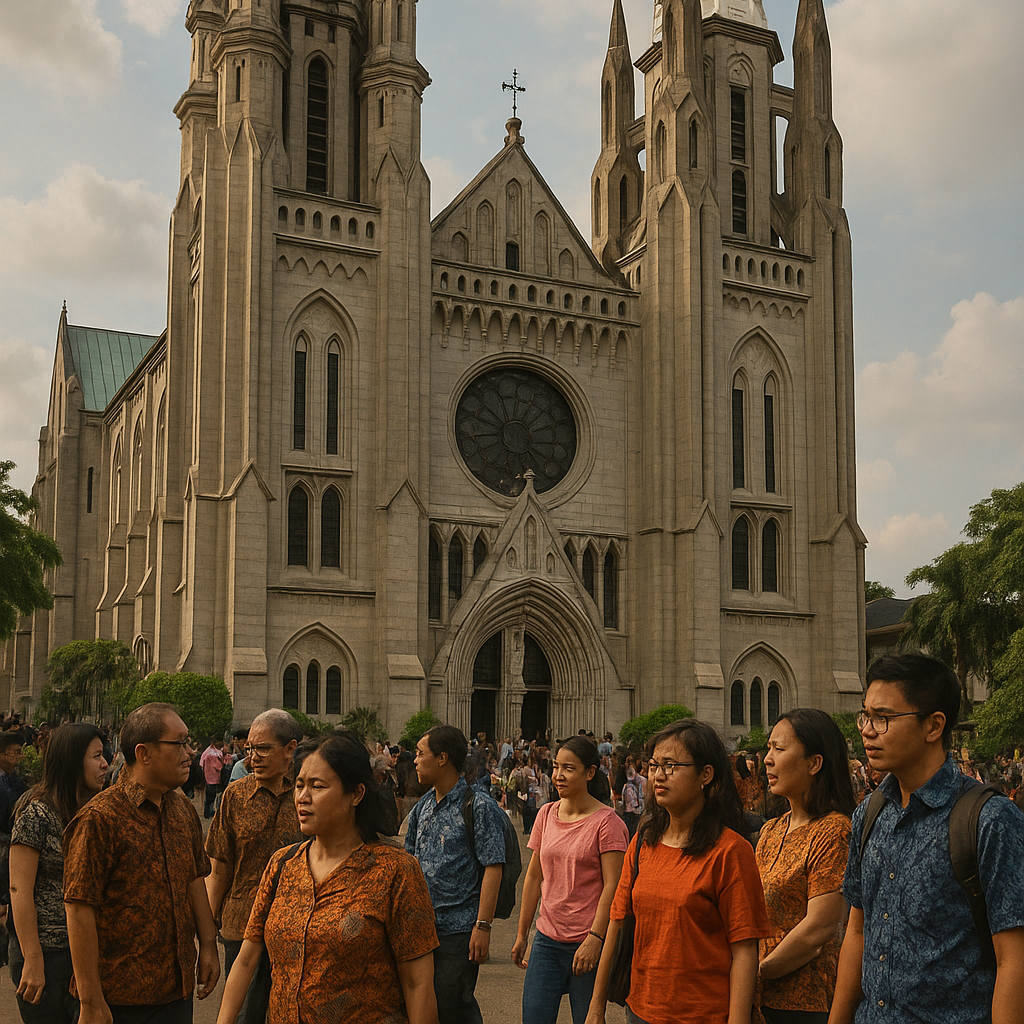The Influence of Language in Building Local Christian Communities
theolingua.id – Language plays an important role in building and strengthening local Christian communities. As the primary means of communication, language is not only used to convey religious teachings, but also to shape identity and strengthen relationships between congregations. Through language, congregations can express their faith in a more personal and profound way, creating a stronger bond within the church community.
In addition, language plays a role in creating a deeper understanding of the Christian faith. By using language that is appropriate to the culture and background of the congregation, Christian teachings can be more easily understood and internalised. This helps the congregation to apply the values of their faith in their daily lives, and encourages active involvement in ecclesiastical and social activities.
Language as a Means of Teaching and Spreading Faith
In the Christian community, language is used in the teaching of the word of God, whether through sermons, Bible discussions, or spiritual development activities. Choosing the right language makes it easier to understand spiritual messages and apply them in everyday life. For example, the use of simpler language in services or catechism classes can help new congregants understand Christian teachings without language barriers.
In addition, the translation of the Bible into various local languages has played a major role in broadening the congregation’s understanding of God’s word. By having access to the Bible in their native language, Christians can deepen their faith and relate the teachings of the Bible to their own cultural context.
Language as a Binder of Identity and Togetherness
Language also plays a role in shaping the identity of the local Christian community. The use of the same language in worship, prayer, and hymns creates a sense of unity among the congregation. When a community speaks the same language, they can more easily understand each other and feel a strong bond in their faith.
In many churches, the use of local languages in worship is a way to maintain cultural identity while reviving faith. This is especially important in Christian communities in remote areas or among language minority groups. By using local languages in liturgy and church activities, communities can ensure that their faith remains relevant to everyday life.
Language and Social Dynamics in Christian Communities
In addition to building a shared identity, language also influences social dynamics in Christian communities. The use of an inclusive and loving language can create a friendly and supportive environment for all members of the congregation. Conversely, if the language used is exclusive or too formal, it can create a distance between the church leader and the congregation.
In today’s digital age, language also plays an important role in building virtual Christian communities. Through social media, online platforms, and religious-based applications, language enables wider communication and connectedness between congregations in different locations. Thus, the Christian community is no longer limited to geographical boundaries, but can also grow globally through the use of appropriate and relevant language.
Conclusion
Language has a profound influence on building and strengthening local Christian communities. As a tool of communication, language helps to spread the Christian teachings, strengthen togetherness, and build positive social dynamics in the church. With the right use of language, Christian communities can be more effective in nurturing faith, maintaining identity, and reaching more people to know and experience God’s love.
More than just a means of communication, language also serves as a bridge that connects spiritual values with everyday life. When the Christian community uses meaningful language in prayer, sermons, and everyday conversations, it can increase understanding of Christian teachings and strengthen relationships between congregations. Therefore, it is important for the church and the Christian community to continue to pay attention to and develop the way they use language in their daily faith life.





